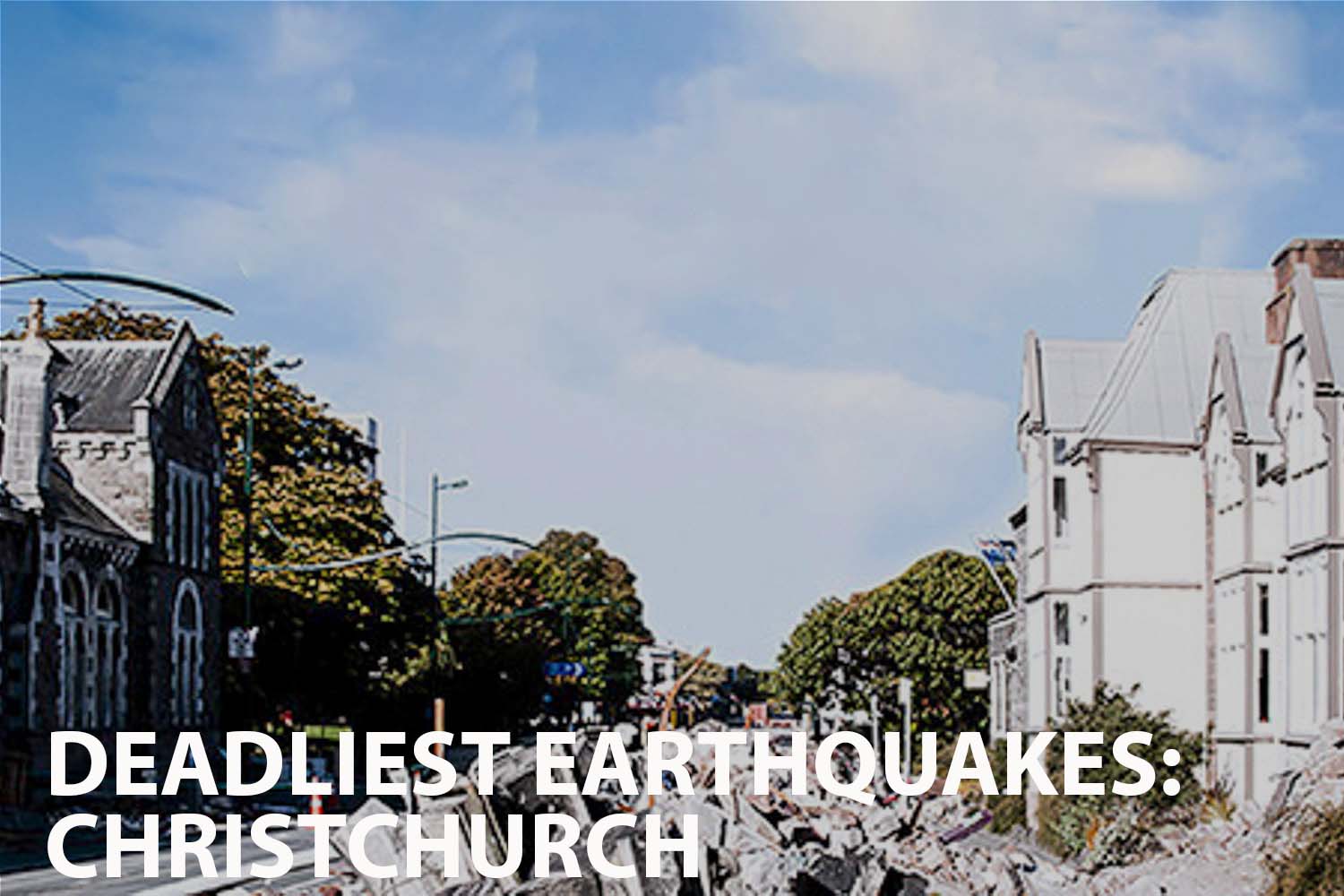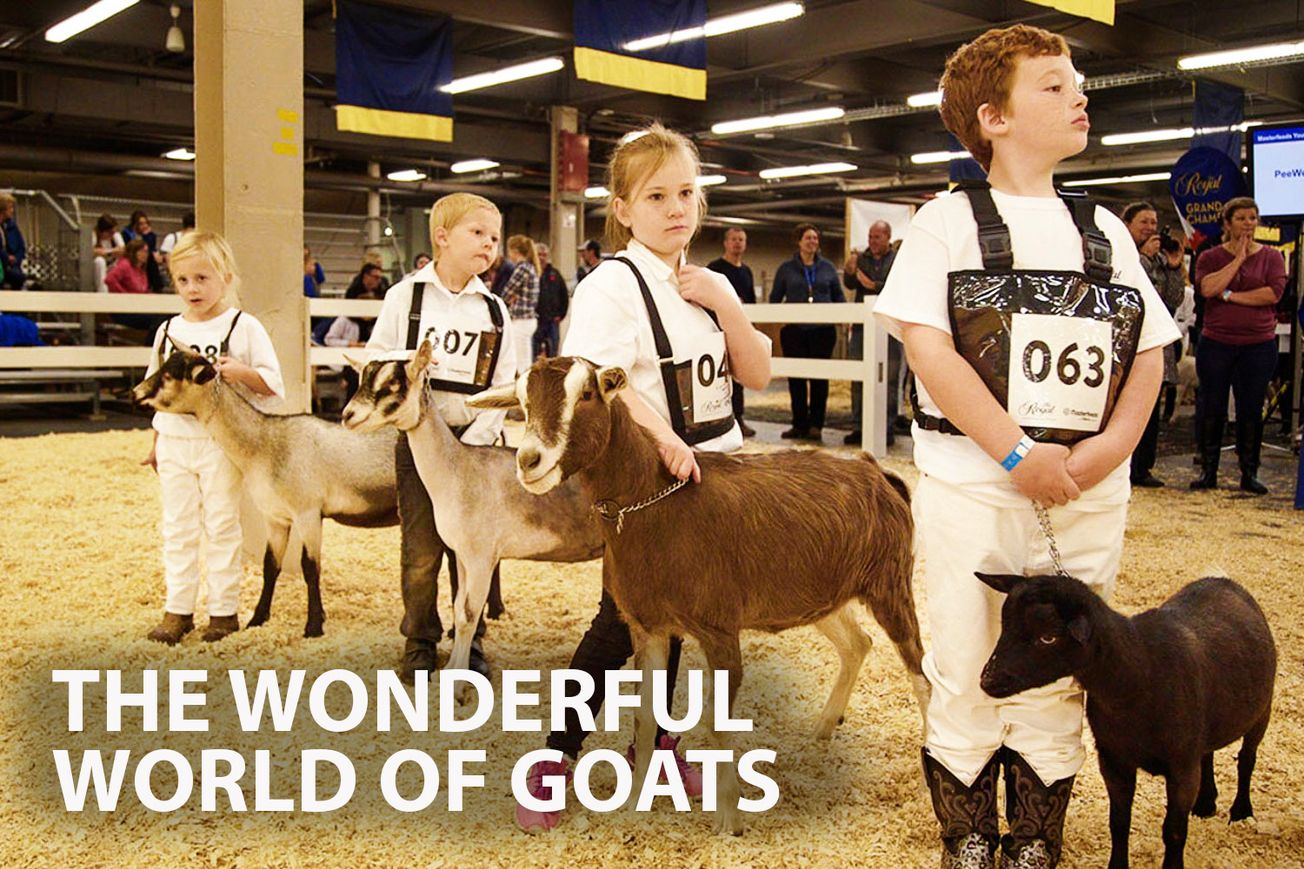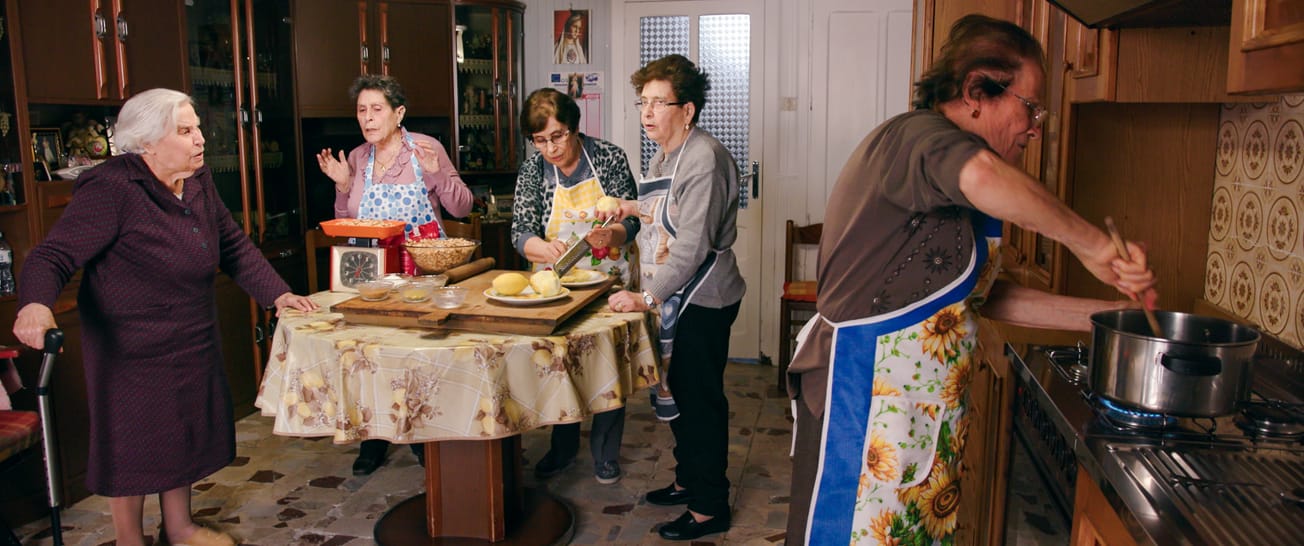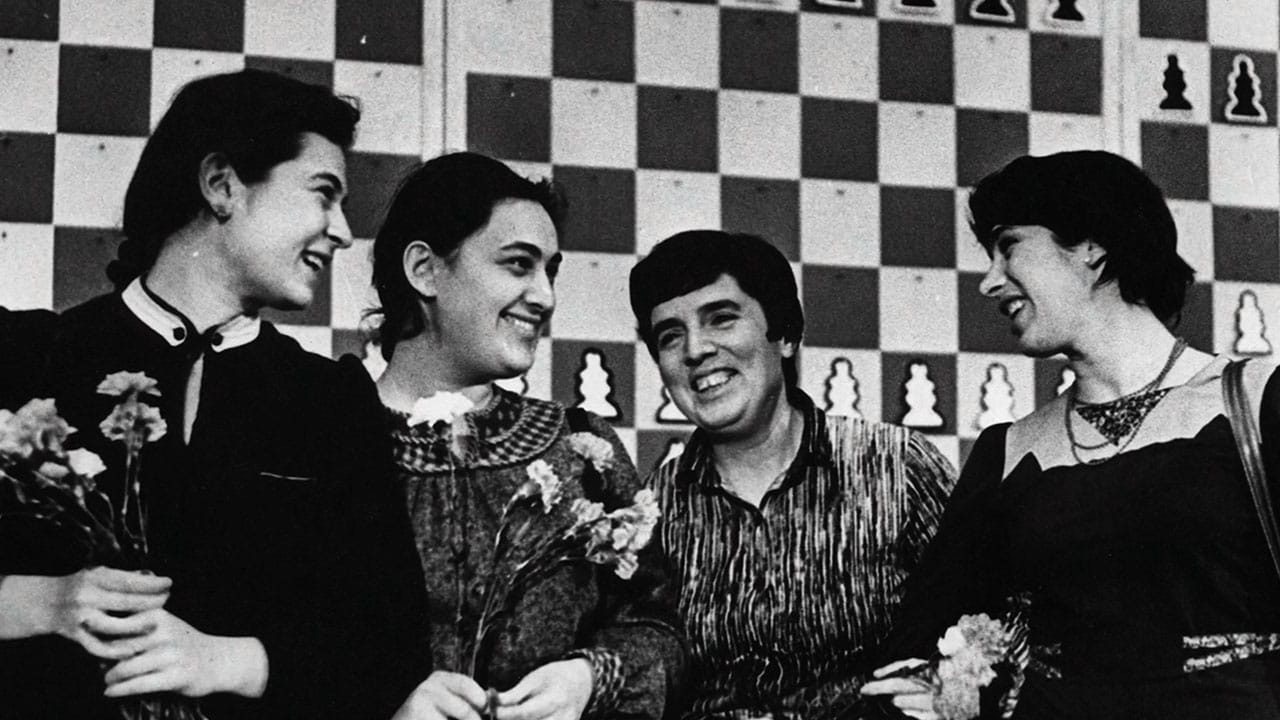Keywords: Christchurch, earthquake, survivors, raw footage, reconstruction, loss, courage, survival, documentary. Three words: devastating, personal, enlightening.
Introduction
"Deadliest Earthquakes: Christchurch" is a gripping documentary directed by Unknown and released in 2015. It dives into the catastrophic aftermath of the February 2011 earthquake in Christchurch, New Zealand through raw footage and survivor accounts.
Synopsis
This documentary features unseen footage from the immediate aftermath of the earthquake, woven together with dramatic reconstructions and survivor interviews. The film provides an intimate portrayal of the panic, loss, courage and miraculous survival of those affected, granting viewers an unfiltered look at the devastation and its life-altering consequences.
More Film Analysis
Analysis
The film's approach is raw and intimate, combining first-hand accounts and never-seen-before footage with dramatic reconstructions. This blend of elements results in a compelling narrative that brings the audience face-to-face with the reality of the disaster.
Historical and Factual Context
The 2011 Christchurch earthquake was a magnitude 6.3 quake that killed 185 people and caused widespread damage. It was one of the deadliest natural disasters in New Zealand's history.
Key themes in the film
- The power and unpredictability of nature
- The resilience and courage of survivors
- The grief and loss experienced by those affected
- The strength and unity of communities in the face of disaster
Film Comparisons
"Deadliest Earthquakes: Christchurch" can be compared to documentaries like "The Great Quake" and "Haiti's Killer Quake: Why It Happened", both of which explore the aftermath of devastating earthquakes. However, the raw footage and personal narratives in "Deadliest Earthquakes: Christchurch" offer a more intimate and emotionally charged perspective.
Noteworthy Moments
One significant moment in the film is the survivors' recounting of their experiences, which provides a deeply personal and humanizing perspective on the disaster.
Reviews
This documentary has been praised for its raw and unfiltered depiction of the Christchurch earthquake's aftermath. Viewers have commended the film's intimate portrayal of the survivors' experiences and the strength of the human spirit in the face of disaster.
Conclusion
"Deadliest Earthquakes: Christchurch" is a poignant and compelling documentary that offers invaluable insight into the devastating impact of natural disasters. It is particularly relevant for those interested in environmental phenomena, disaster response, and human resilience.
More film information:
FILM SUMMARY
- Genre: Documentary
PERSONALITIES
- Unknown: Director
- Christchurch earthquake survivors: Featured personalities
LOCATIONS
- Christchurch, New Zealand
Key Questions Raised by the Film:
- How does the human spirit endure in the face of disaster?
- What long-term effects do natural disasters have on individuals and communities?
- How can communities better prepare for such unpredictable disasters?
Links for Further Exploration:
I wonder what the film would be in another art form
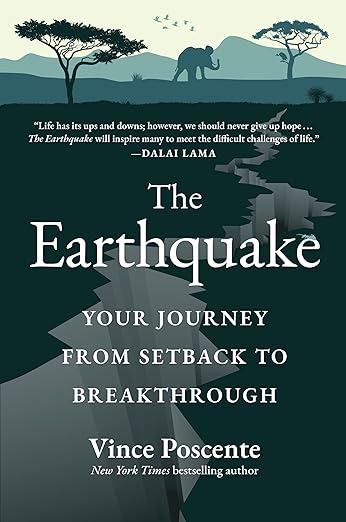

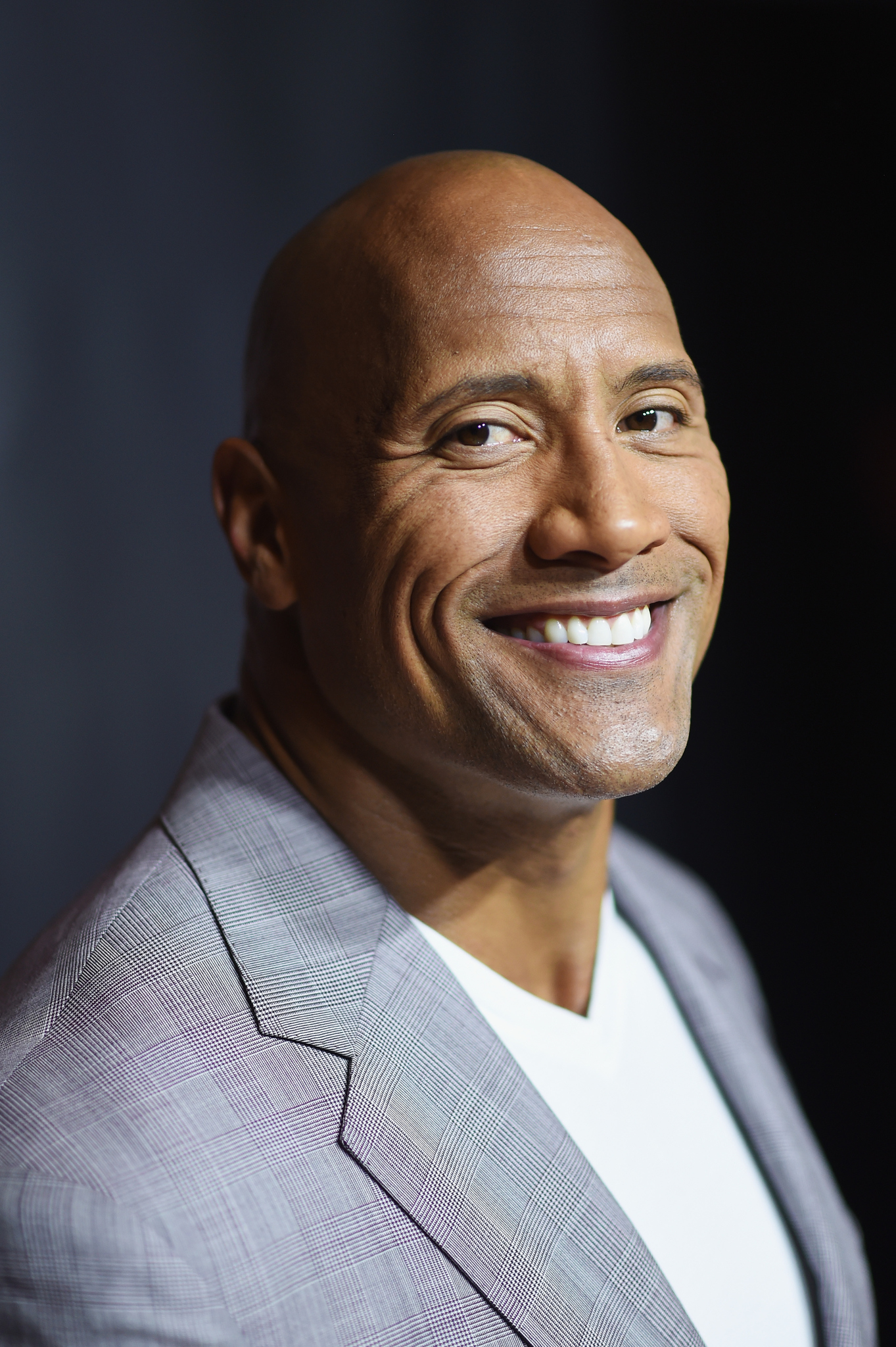
- If this film was a famous book, it would be "The Earthquake" by Gertrude Stein, for its raw and personal portrayal of a cataclysmic event.
- If this film was a famous song, it would be "Shake, Rattle and Roll" by Big Joe Turner, reflecting the chaotic and transformative power of an earthquake.
- If this film was a famous piece of art, it would be Katsushika Hokusai's "The Great Wave off Kanagawa", symbolizing the overwhelming power of nature.
- If this film was a famous celebrity, it would be Dwayne "The Rock" Johnson, known for his roles in disaster movies and his resilience.
- If this film was a color, it would be grey, symbolizing the dust and debris of a collapsed city.
- If this film was a music style, it would be heavy metal, reflecting the intensity and chaos of an earthquake.
